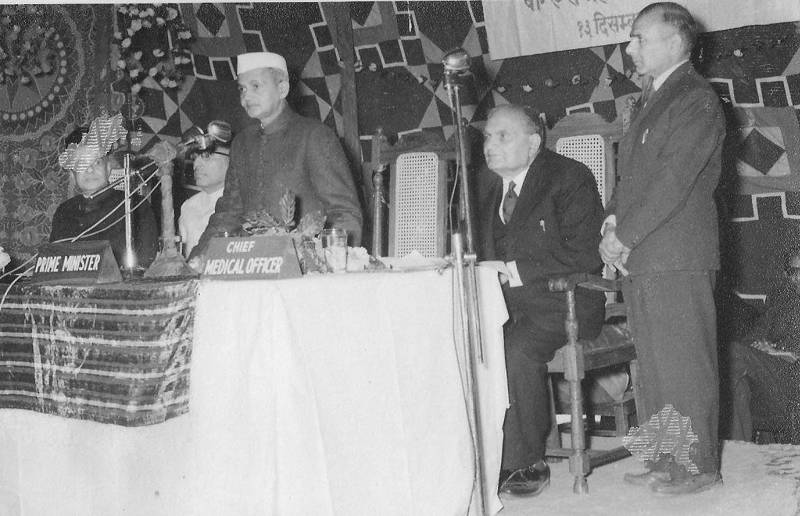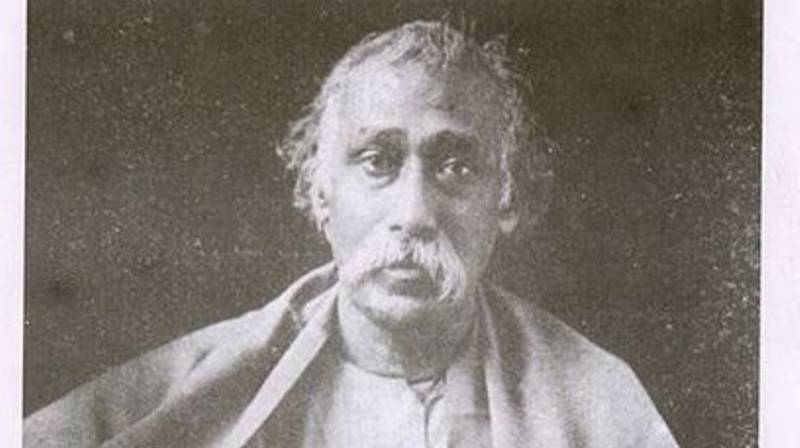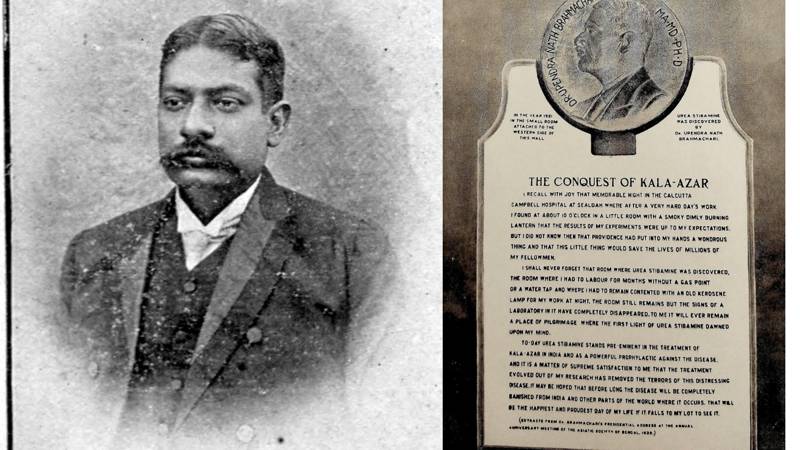Dr. N. P. Misra, Dean of Hamidia Hospital, Bhopal, in 1984, took immediate charge of the crisis situation caused by the Bhopal gas tragedy. He treated 170,000 patients in one day and tried to organise bulk supplies of medicines. However, he was accused of taking steps without prior government permission. However, 17,900 patients were admitted and treated in an 850-bed hospital.
Born on 10 October 1932, Dr. Misra passed his MRCP exam in 1967 and was elevated as an FRCP in 1973 at a young age of 39 years, which speaks volumes about his academic brilliance. He was embellished with innumerable medals and awards for excellence in his field. He topped the university for his MBBS degree. During his undergraduate course in Medicine, he received certificates of honour in virtually all the subjects, including a distinction in Medicine.
Dr. Misra did extensive research on the toxicity of gas in Bhopal Gas Tragedy but the government wouldn’t allow him to publish his findings. He recalled, “ICMR stepped in five days later. The then DG told me that money is not a constraint. In all fairness ICMR cooperated with us at various stages. I felt that investigations should be of international standard so I used my personal contact to send coded samples to Germany, United States, Canada, UK and ICMR never refused permission. But as head of Gandhi Medical College I had constraints. There was always restraint on publishing data in journals. In 1986 the American College of Chest Diseases invited me to address their annual conference in New Orleans, but the government refused. I was called at the Conference of International Labor Organization (ILO) at Pittsburgh but my presentation had to be vetted by ICMR. I was asked not to meet the media or talk to anyone.”
Dr. Misra further said, “In the Institute of Industrial Research in Ahmedabad an inhalation chamber was set up where monkeys were exposed to MIC, and experimental research work was done. I was aghast to read in the newspaper that some ICMR bigwig said that the work done was sketchy. Such a statement merits an apology. When I recently met the present DG at a conference I told him, ‘Newspapers have reported that people connected with the projects are all dead. But I am alive and willing to help.’ But he was not forthcoming. You have to understand, there were four groups operating in Bhopal, politicians, bureaucrats, administrators connected with the department of health and the community of scientists. The first three groups were powerful and wanted to suppress us. After the projects were terminated a person came to take away all the data. We gave back everything. It should go on record that excellent, dedicated work was wasted.”
He was awarded with Padma Shri posthumously in 2022 & B. C Roy Award in 1992. He also edited a book Progress in Cardiology.
His Padma Shri citation read, “He exhibited his medical and administrative acumen in mobilizing resources-both human and material, during the Bhopal Gas Disaster, distributing medicines to over 1,73,000 victims and felicitating the hospitalization of over 10,700 patients in a hospital with a bed strength of only 800 beds. This fact was reported in the Journal of Medical Association (JAMA) in an editorial on 12th April 1985 as a "Heroic Effort"
The citation also says, "He later successfully presented the Bhopal Gas Episode in the District Court of New York where the case was being heard, which highlighted his hitherto unknown legal prowess as well."


insideNainiCentralPrison.jpg)


.jpg)
.jpg)
